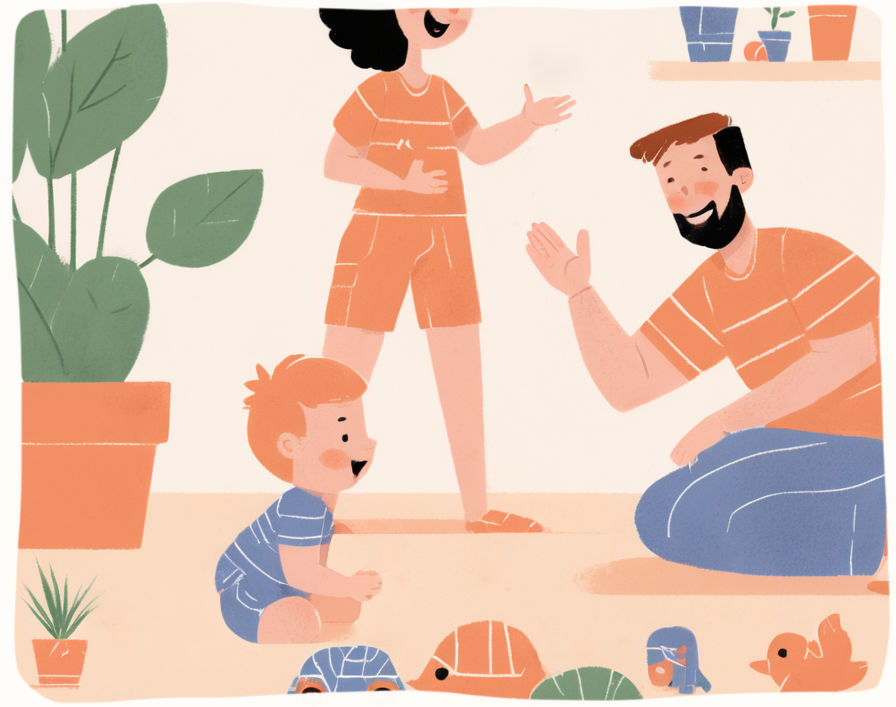Worried your baby isn’t walking or talking yet? Here’s what’s normal, when to consult your pediatrician, and simple ways to support their development without stress.

If you’re googling this at 2 a.m., chances are you’re feeling that familiar mix of love and worry. One moment your friend’s baby is taking their first steps, and suddenly you’re looking at your own little one thinking: Are we behind? Did I miss something?
You’re not alone. And most of the time, there’s absolutely nothing wrong. Babies grow on their own timeline. Some crawl at six months, others skip crawling altogether and go straight to walking. Some start babbling early, others quietly observe before speaking in full sentences later on.
Development isn’t a race. Genetics, temperament, and even personality play a role. Some babies are cautious, some are bold explorers, and both are perfectly normal.
For walking, most babies take their first steps between 9 and 18 months. For first words, it’s often between 10 and 15 months. That’s a big range, and being on either end doesn’t mean something’s wrong.
Just because you don’t see it yet doesn’t mean it’s not happening. Your baby might be focusing on balance before walking, or understanding words before speaking them.
While most delays aren’t a sign of a problem, it’s good to check in if:
- Your baby isn’t making any sounds (cooing, babbling) by around 9 months.
- Your baby isn’t trying to pull up, crawl, or bear weight by 12–14 months.
- They don’t respond to sounds, voices, or eye contact consistently.
These aren’t panic signals, just gentle reasons to get professional reassurance.
Encourage standing and walking by holding their hands, letting them cruise along furniture, or having them barefoot on safe surfaces. For talking, narrate your day and repeat simple words they hear often (“mama,” “ball,” “up”).
If your baby loves music, sing and clap together. If they’re into stacking toys, use that to practice words like “up,” “down,” “more.” Learning sticks best when it’s fun.
When they babble, answer back. It teaches them that communication is a two-way street. When they gesture or reach for something, name it for them (“Oh, you want the cup!”).
It’s hard not to compare, especially with social media showing babies “ahead” of every milestone. But here’s the truth: early talkers don’t always stay ahead, and late walkers don’t stay behind. Milestones even out by preschool.
Instead of comparing, celebrate what your baby is doing. Notice their curiosity, their smiles, their tiny victories, like figuring out how to clap or wave goodbye. These are signs of healthy growth, too.
Most babies who walk or talk later turn out completely fine. In fact, many parents look back and laugh at how worried they were. Your baby is learning in their own way, in their own time. And your love, patience, and encouragement are exactly what they need.
If something feels off in your gut, trust yourself and check in with your pediatrician. But otherwise? Enjoy this stage. The first step and the first “mama/dada” will come, and when they do, it’ll feel like magic…

